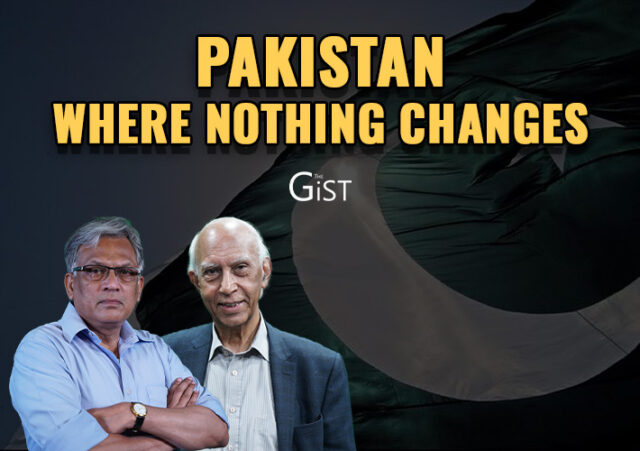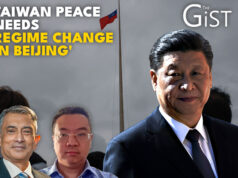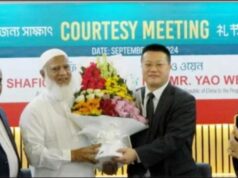They say the more things change in Pakistan, the more they remain the same. A new government is in charge with a prime minister who is a known friend of the army. But the thing with the army’s friends is, they don’t stay friends for too long. So while Shahbaz Sharif is prime minister, nobody is really sure how long he could last.
Prof Ishtiaq Ahmed, Professor Emeritus of Political Science at Stockholm University, told The Gist that the immediate challenge for the government is the crushing national debt. While an IMF loan of over $1 billion has been agreed upon, the government wants $8 billion and that’s a big question mark.
But Prof Ahmed believes nobody has any idea how to get Pakistan out of the financial mess that is the product of years of mis-mangement.
“You can’t manage an economy if you subordinate everything to a perceived threat to Pakistan’s existence from primarily India. So spending money on arms has been devastating for Pakistan.”
Prof Ahmed argues that the army can keep the forces of separatism in Balochistan and Khyber Pakhtunkhwa at bay. Even grievances in Sind can be managed, he says, and with Chinese backing, the ship of state will continue to sail. But important to note that the Saudis and the Americans are no longer as committed to Islamabad as in the past.
Ideally, he said, Pakistan should open the doors to trade with India. “This whole notion of first settling the Kashmir dispute and the way Pakistan wants it, will not provide a breakthrough.”
He regretted that Pakistan’s problem since its early years was that much of the aid coming into the country went to the army. The situation hasn’t changed in that the army dominates key sectors of the economy through various entities such as the Fauji Foundation or the National Logistics Cell. These occupy the place that private enterprises can do efficiently and profitably.
Tune in for more in this conversation with Prof Ishtiaq Ahmed.
Thirty eight years in journalism, widely travelled, history buff with a preference for Old Monk Rum. Current interest/focus spans China, Technology and Trade. Recent reads: Steven Colls Directorate S and Alexander Frater's Chasing the Monsoon. Netflix/Prime video junkie. Loves animal videos on Facebook. Reluctant tweeter.





